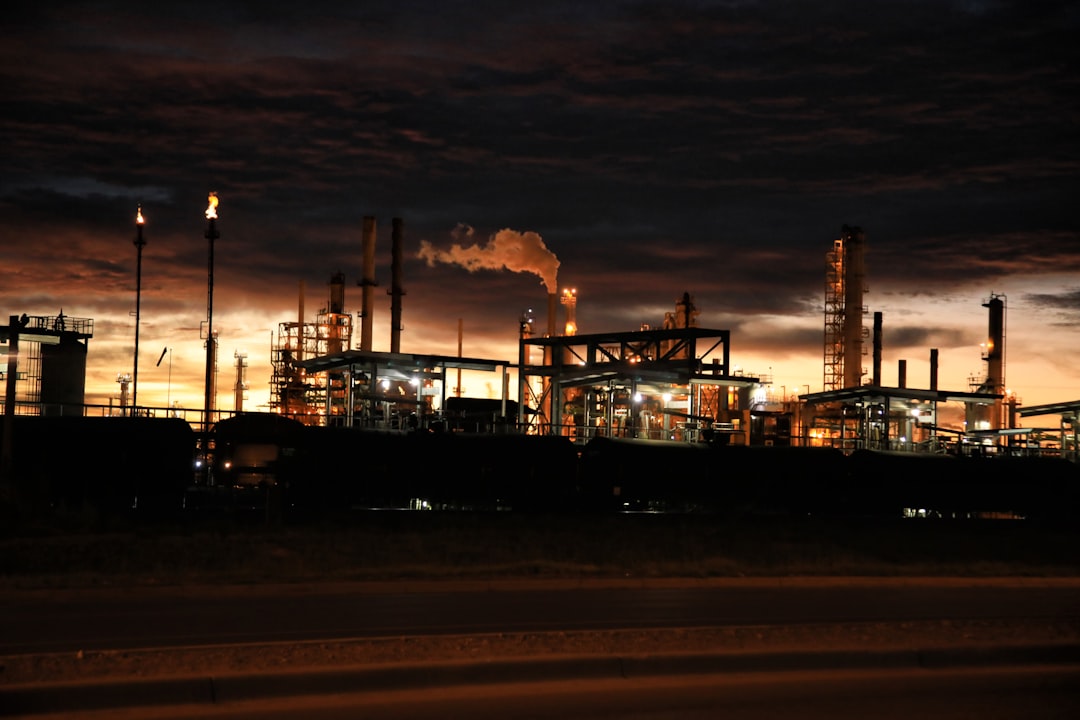When it comes to maintaining road surfaces, there are two main options to consider: resurfacing and replacement. Both methods serve the purpose of restoring the integrity of the road and ensuring a smooth driving experience for motorists. However, the decision of whether to resurface or replace a road depends on several factors, including the condition of the existing road, budget constraints, and time constraints.
One popular method of resurfacing roads is tarmac surfacing. Tarmac surfacing involves applying a new layer of tarmac over the existing road surface. This method is cost-effective and can be completed relatively quickly compared to a full road replacement. Tarmac surfacing is a good option for roads that have minor damage or wear and tear but are otherwise structurally sound. By applying a new layer of tarmac, the road can be restored to its original smoothness and durability.
On the other hand, road replacement involves completely removing the existing road surface and laying down a new surface. This method is more time-consuming and expensive compared to resurfacing but may be necessary for roads that are severely damaged or have deteriorated beyond repair. Road replacement is a more comprehensive solution that ensures the longevity and structural integrity of the road.
When deciding between resurfacing and replacement, there are several factors to consider. One of the main factors is the condition of the existing road. If the road has minor cracks, potholes, or wear and tear, resurfacing may be the best option. However, if the road has major structural issues or has deteriorated significantly, replacement may be necessary to ensure the safety of motorists.
Budget constraints are another important factor to consider when deciding between resurfacing and replacement. Resurfacing is generally more cost-effective than replacement, making it a good option for municipalities or organizations with limited budgets. However, if the road is in poor condition and requires extensive repairs, replacement may be a more cost-effective long-term solution.
Time constraints are also an important consideration when choosing between resurfacing and replacement. Resurfacing can typically be completed more quickly than replacement, making it a good option for roads that need to be restored quickly. However, if the road is in such poor condition that it poses a safety hazard, replacement may be the best option, despite the longer timeframe.
In conclusion, the decision of whether to resurface or replace a road depends on several factors, including the condition of the road, budget constraints, and time constraints. Tarmac surfacing is a cost-effective and efficient method of resurfacing roads that are in good condition, while road replacement may be necessary for roads that are severely damaged. By carefully considering these factors, municipalities and organizations can make an informed decision about the best method for maintaining their road surfaces.
************
Want to get more details?
Resurfacing Contractors ltd
https://www.resurfacingcontractors.co.uk/
+442381550207
Goater Way 56
For over 15 years, Re surfacing contractors has been mastering the art of Tarmac surfacing . Specialising in tarmac driveways, we also excel in block paving, ensuring a high-quality finish for both private and commercial clients. Our team, fully qualified with NRSWA certification, is adept at handling public authority works, guaranteeing professional

